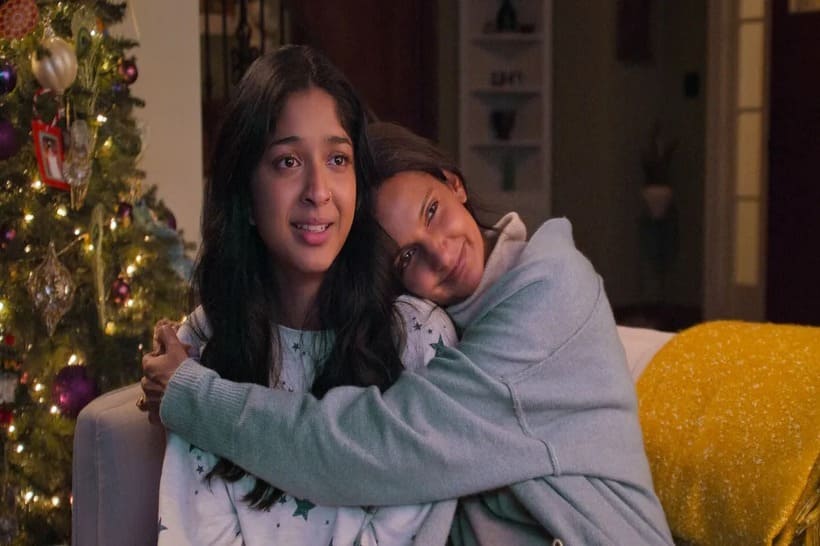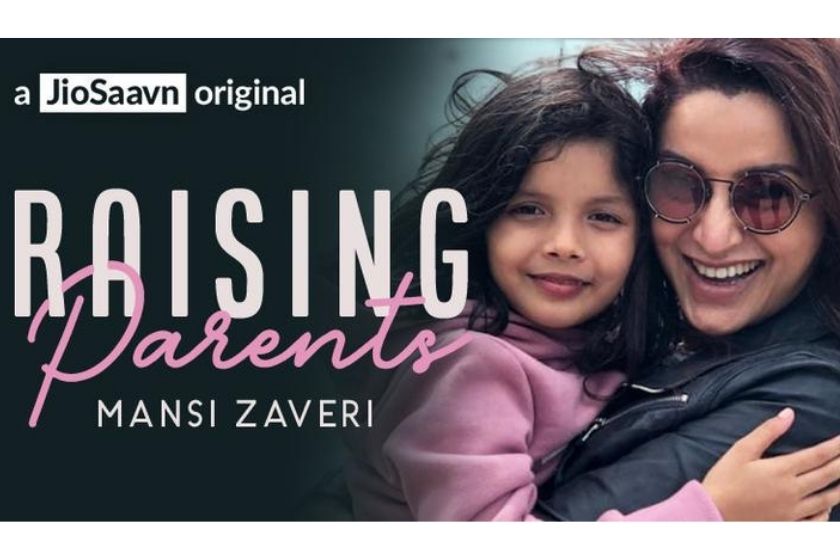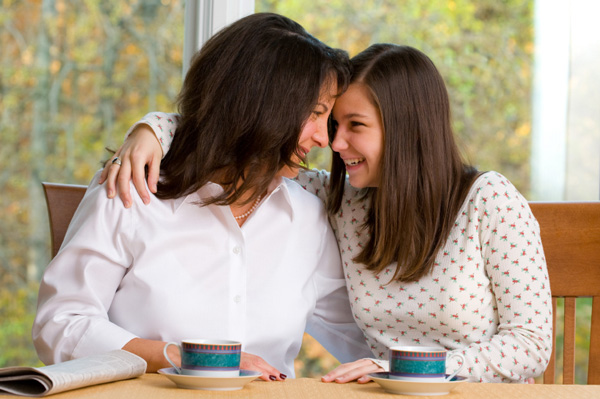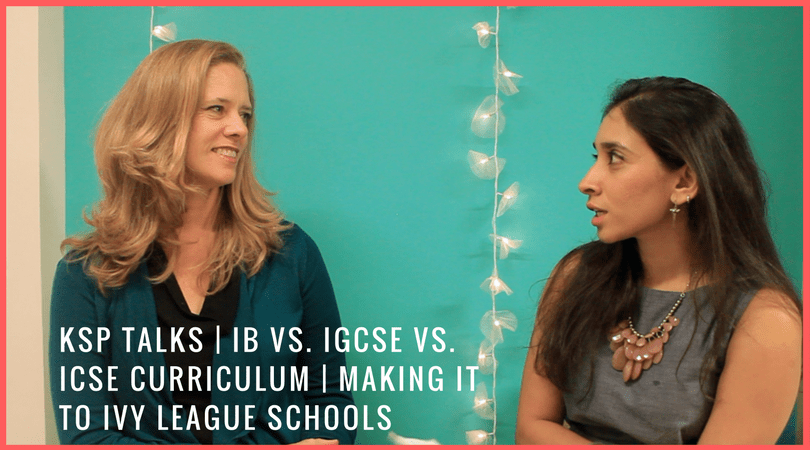This coming-of-age teen comedy-drama with an Indian teenage girl as the main lead is winning hearts globally! Mindy Kaling’s Netflix original Never Have I Ever has everything an Indian teen faces in their lives. (especially these 5 things!)
In Case You Didn’t Know What This Series Is About…
High school mixed with the teen years makes up for a hell of a confusing time in a person’s life. This is a time, we leave our childhood innocence and start understanding everything around us in a more mature way. But teenage in India is way different from teenage in the States. This difference in ideologies, is precisely what 15-year-old Devi Vishwakumar, played by super talented Maitreyi Ramakrishnan, a first-generation Indian American teen growing up in California’s San Fernando Valley is struggling with.
The series is fun, well thought through, new age and a breath of fresh air from stereotypical portrayals of Indians in the western media. This Netflix original has a lot to offer and should be on your binge list!(Season three is just launched BTW)
Here Are 5 Things Never Have I Ever Slayed When It Comes To Indian Teens:
1. Lack Of Sex Education & The Relationship Taboo:
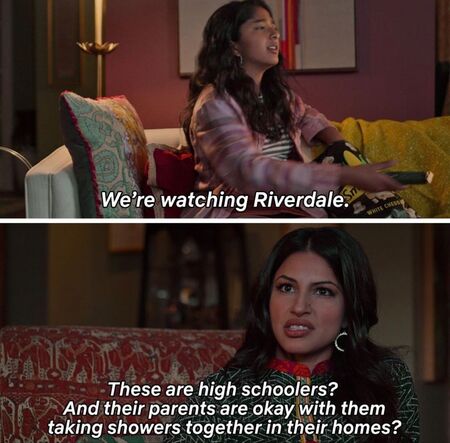
This series perfectly highlights how anything relating to ‘sex’ or ‘relationships’ raises eyebrows when it comes to Devi’s mother and cousin who cannot wrap their heads around how it is so normal there. (Typical Indian mentality) Which makes it ironic, how Devi is desperately trying to get into one!
2. The Savage (& Overprotective) Indian Moms:

Well, this is no surprise is it. We absolutely love Nalini Vishvakumar! Poorna Jagannathan did a fabulous job portraying the typical Indian mom. Her savage replies, mom-logic and overprotectiveness is on point through-out the show. Not to mention, her obsession with Devi’s academic performance. We also get a bunch of mommy-daughter fights which all the teen girls especially, can relate to. (I definitely did!)
3. Stigma Around Therapy:

Ahh! therapy, the one thing Indian parents (or Indians in general) disregard. Teenagers now-a-days have a lot of stress and anxiety issues. (thanks to two years of lockdown) Yet, if someone goes for therapy, they are automatically assumed to be mentally unstable (exactly why people go for it) or crazy. It is so widely looked down upon, that it honestly doesn’t make sense. While Devi religiously attends her therapy sessions because of the mental trauma she faces after the sudden death of her father, her mom hates the whole concept. This perfectly represents the ideology every Indian (sadly) has about therapy.
4. Indian Aunty Shenanigans:

I can relate to this one with every cell in my body, mind and soul. It’s funny how we barely see them, yet they know about every aspect in our lives. (To the tiniest detail might I add!) I am more than happy about how this is included in the series. It makes the show, and Devi as a character all the more relatable and funny. Indian aunties can never not be everywhere. (This would make a good show too…)
5. Academic Pressure:

Even though Devi is the messiest main character in existence, she is a brilliant young woman. This is a common Indian stereotype, where the Indian character is exceptionally smart. However, what sets Devi apart, is her desire for way more things than just scoring straight A’s. (not to mention her hatred for the word, “nerd”) Even though she’s already super-intelligent, she still faces constant pressure from her mom to score even better academically and get into a prestigious college perusing honorable degrees. (We teens already know what they are…)
Honestly, there are many more boxes that the show ticked. This is something a teenager should really watch (or binge, again) It’s fun, light and not very ‘Indian focused’. “Never Have I Ever” is just a journey of a teenage girl struggling to find her identity culturally and as an individual.
Have you already completed the series? Tell us your favorite part of it! We would love to know.
